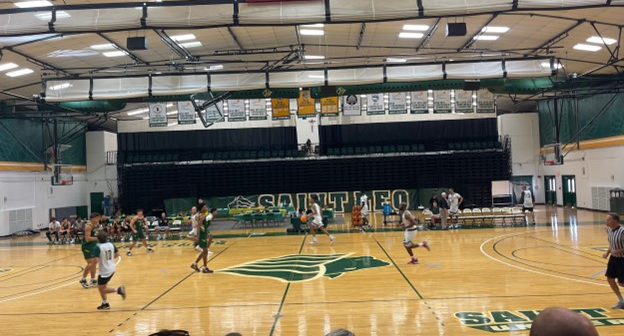Written by Isa Riano, Advertisement Manager
In light of March being Brain Injury Awareness Month, Saint Leo University faculty encourages students to learn how to support athletes affected by a concussion. Follow along to learn more about this topic and what you can do to raise awareness this month.
Traumatic brain injuries, especially concussions, happen more than most can imagine to athletes.
“We occasionally see concussions in basketball,” said Lance Randall, the head men’s basketball coach.
The symptoms vary depending on the brain injury’s severity; however, some are the most common.
“The symptoms I have seen the most in people who experience severe concussions are dizziness, memory issues, and general ‘brain fog’ with a headache,” said Randall.
When athletes have a concussion, the NCAA has safety measures for them to follow.
“Most of the time, the first few days, the individual is restricted from anything that can overstimulate the senses,” said Randall.
Athletes must recover physically and emotionally after their brain injury before returning to their games and practice.
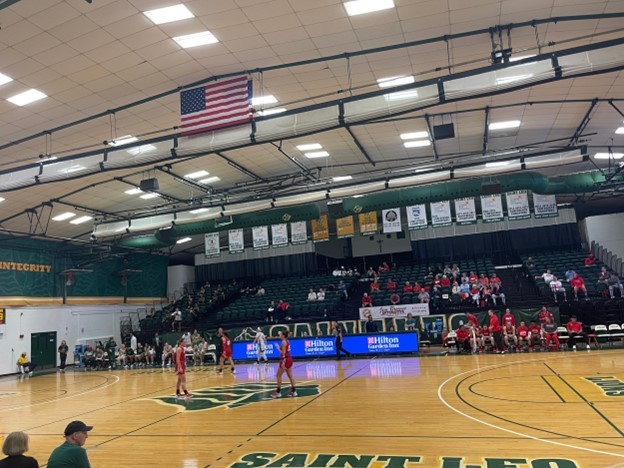
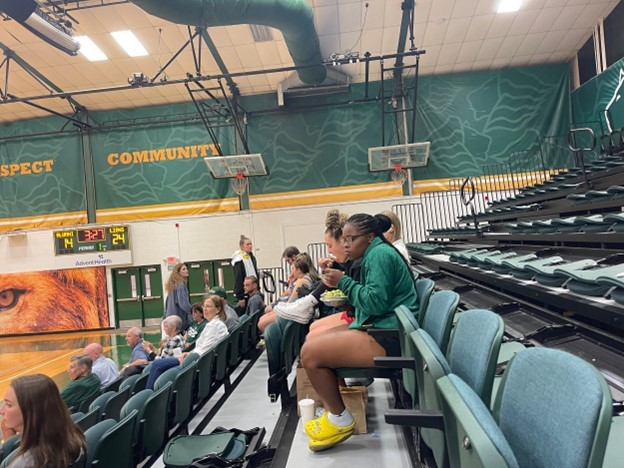
“The NCAA has very specifically defined procedures and requirements that the concussed student-athlete has to pass to move on to playing again at some stage,” said Randall.
Most of the time, athletes can recover with the appropriate medical treatment. However, there may be severe cases when they require further investigation.
“If the symptoms are more severe, sometimes, CT scans of the brain are requested, but that is rare,” said Randall.
Apart from the physical effects of brain injuries in athletes, most also experience mental health challenges.
“Being out of your sport, out of routine, and isolated can negatively affect your mental health,” said Randall.
Not only do athletes experience feelings of sadness after being isolated from their sport, but they can also later have problems managing their emotions, which can impact their performance in their daily activities.
“It being a brain injury can lead to depression, anger, and worse. This can be in the short term and the long term,” said Randall.
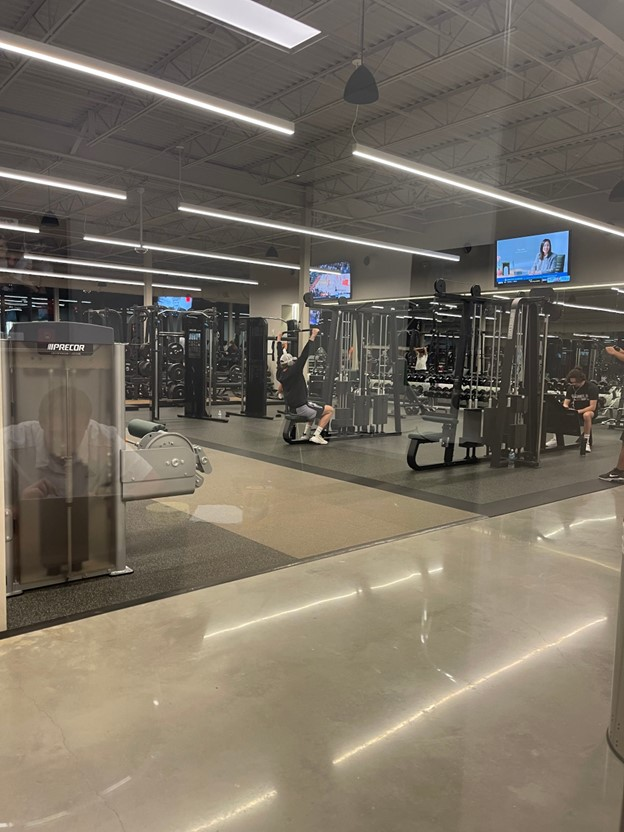
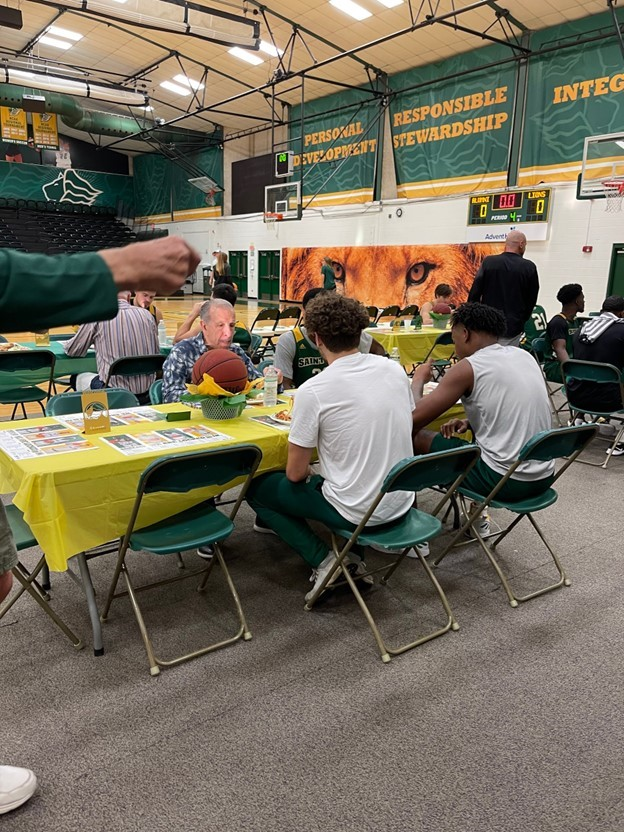
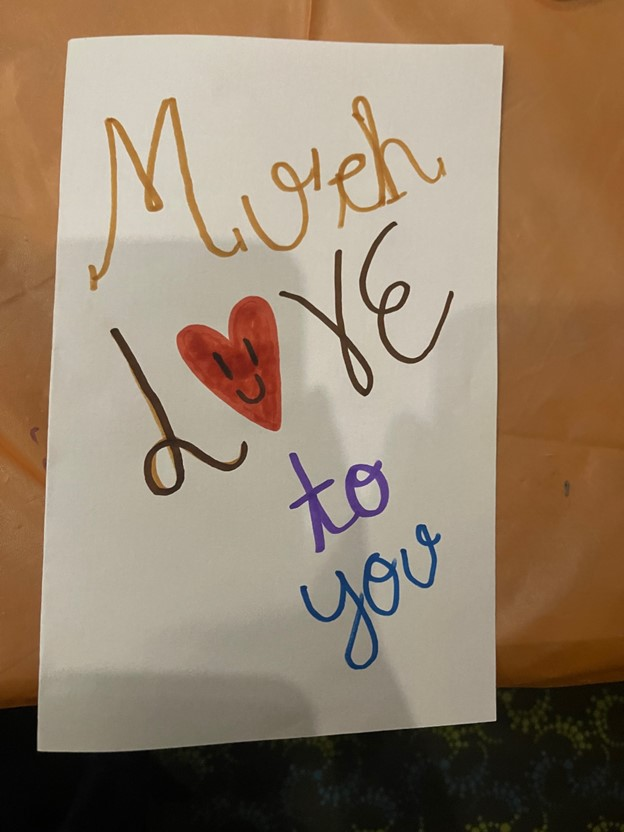
As a community, it is essential that we are patient with those who have a brain injury and that we are aware of its short-term and long-term effects on them. We can support anyone who has gone through this challenging situation in multiple ways.
“It is important to let student-athletes know they should not feel pressure to return to their sport hastily,” said Randall. “What they must do first is to ensure that they rest, recover, and find proper medical treatment.”
In all, Brain Injury Awareness Month serves as a reminder to be informed about the long-term and short-term effects concussions have on those who experience them. Let us take the time to use the resources on and off campus to be informed on this critical topic.

